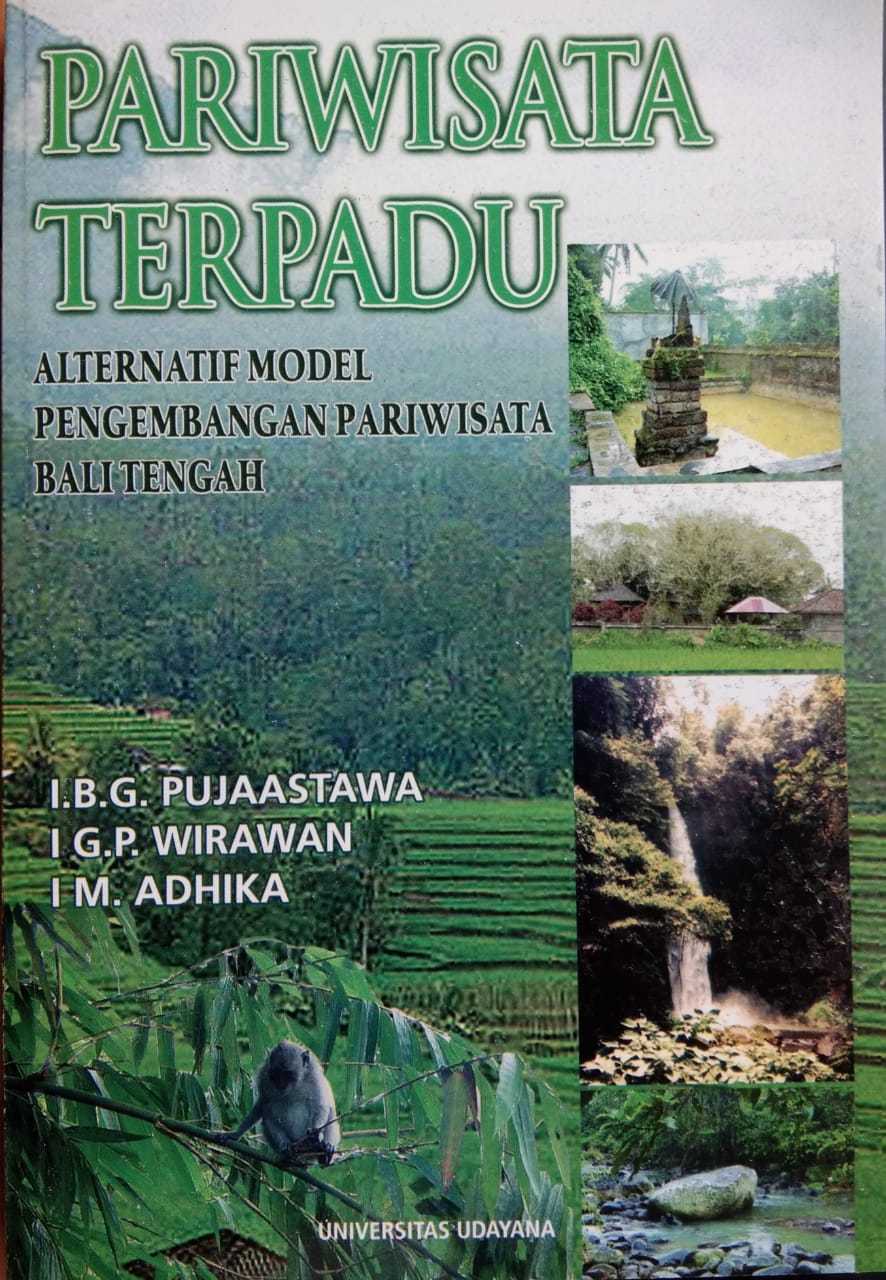
INTEGRATED TOURISM: ALTERNATIVE MODEL OF CENTRAL BALI TOURISM DEVELOPMENT
I.B.G. Pujaastawa; I G.P. Wirawan; I M. Adhika
ISBN : 979-8286-11-1 Published : 2005
Abstrak
The
contribution of the tourism sector to Bali's regional income tends to
outperform other sectors. However, tourism sector development policies so far
have often been under the spotlight, because they are considered to still show
inequality that needs serious attention.
So far
the development of tourism in Bali is more concentrated in the South Bali
region with a pattern of development that tends to be more oriented to the
development of coastal areas. The wide range of tourism potentials scattered in
other parts of Bali have not been managed optimally. In addition, the tourism
development model is carried out on a large scale and capital intensive, so
that the benefits of tourism are more in favor of the owners of capital. This
large-scale, capital-intensive tourism development model is also feared could
lead to various environmental and socio-cultural problems. This fact demands a
model of tourism development policies that are more pro-community welfare,
cultural revitalization, and environmental conservation more evenly and
sustainably.
This
book tries to offer an alternative model of tourism development in the Central
Bali region by emphasizing the integration or integration of the three most
basic aspects, namely environmental aspects (eco), social aspects (socio), and
cultural aspects (culture). Tourism development in this region refers to the
community-based tourism approach. Thus, tourism development in addition to
providing benefits for environmental conservation and cultural revitalization,
is also able to provide economic benefits to the community as legitimate owners
of resources.
